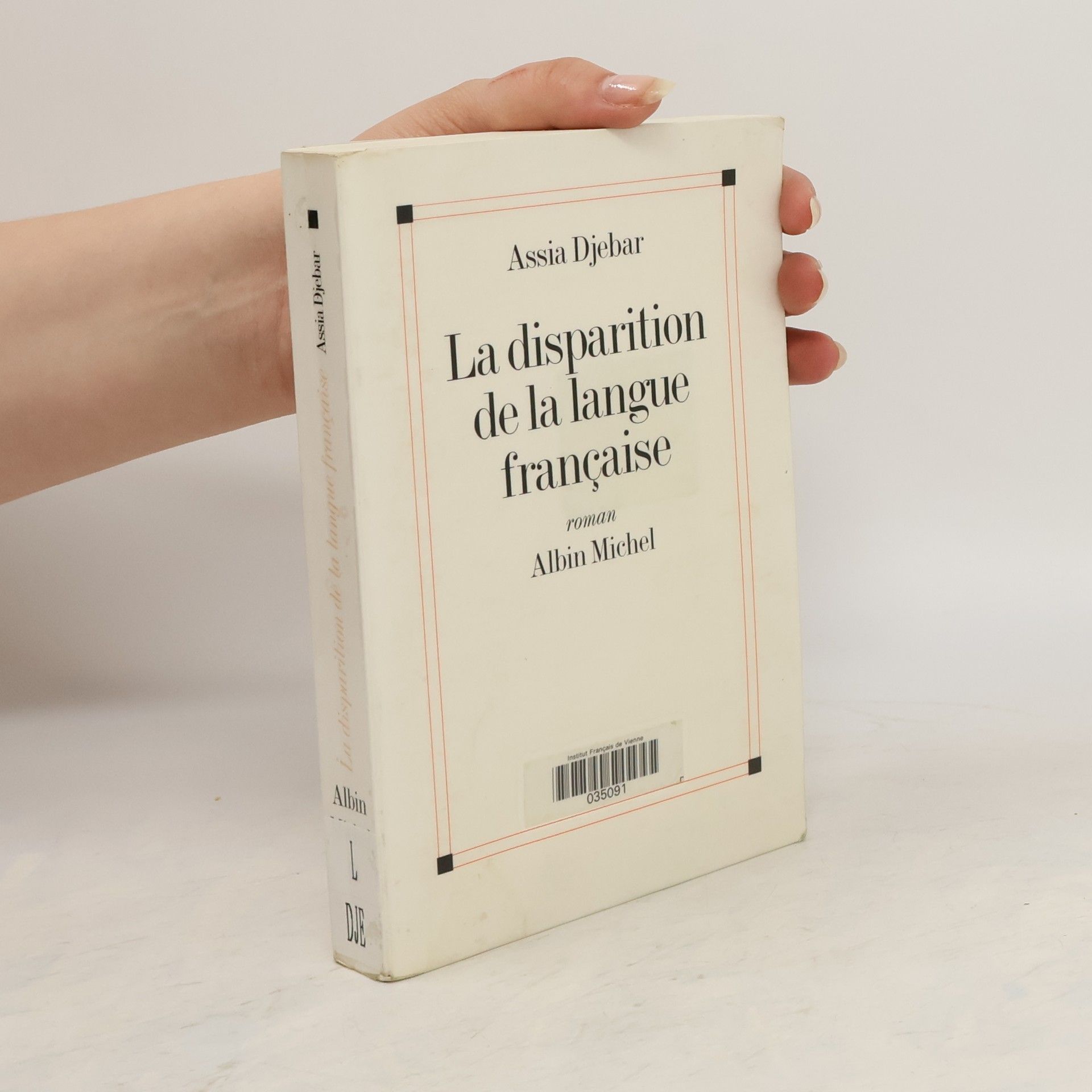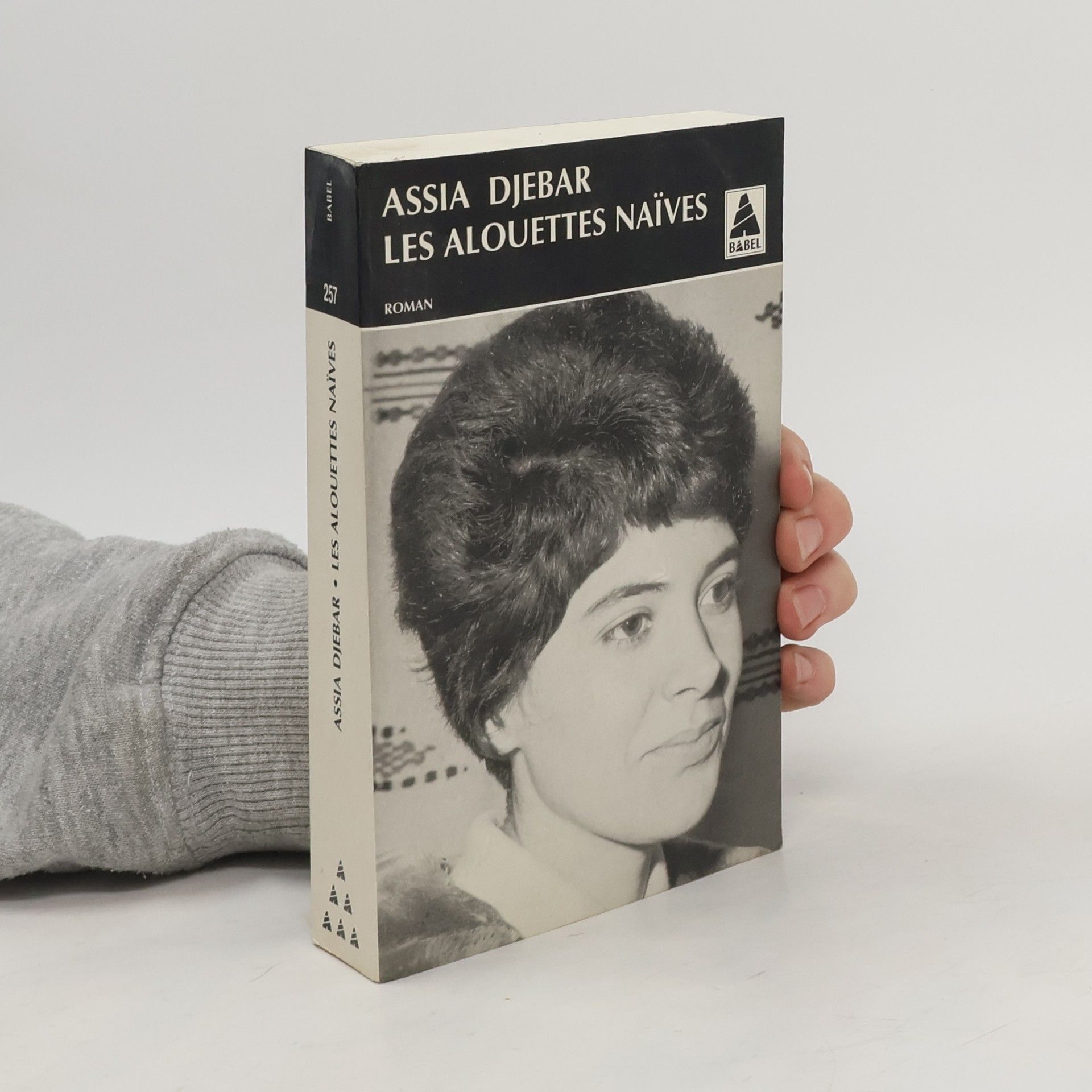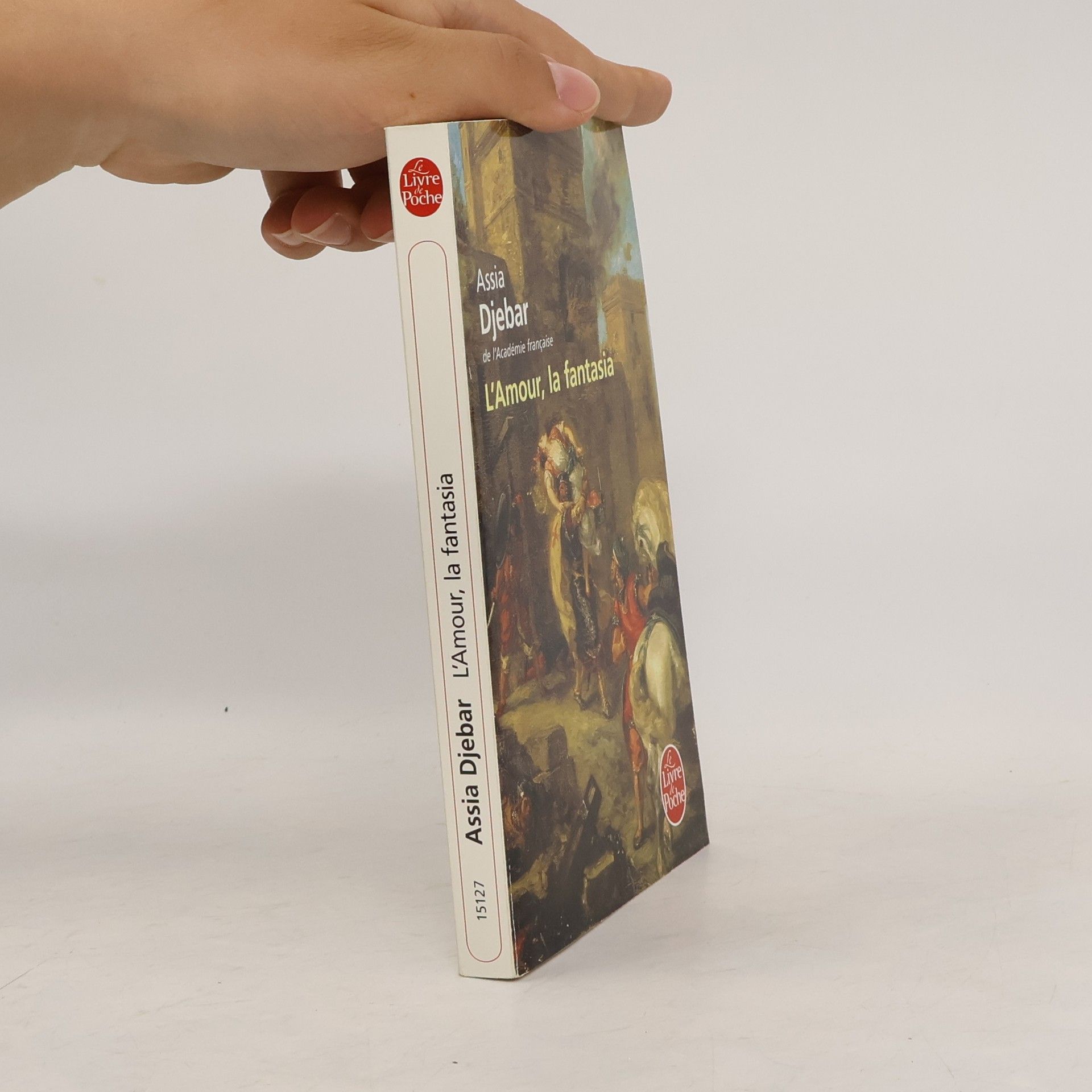Assia Djebar Libri
Assia Djebar è stata un'autrice algerina la cui opera esplora profondamente le esperienze femminili e la storia algerina. Lanciando la sua carriera letteraria negli anni '50, i suoi romanzi, racconti e saggi si sono addentrati in temi come il colonialismo, l'esilio e l'identità. Djebar scriveva in francese e la sua scrittura è caratterizzata da un linguaggio poetico e un forte senso di commento sociale. Attraverso la sua letteratura, mirava a dare voce agli emarginati e a trasmettere il complesso passato del suo paese.


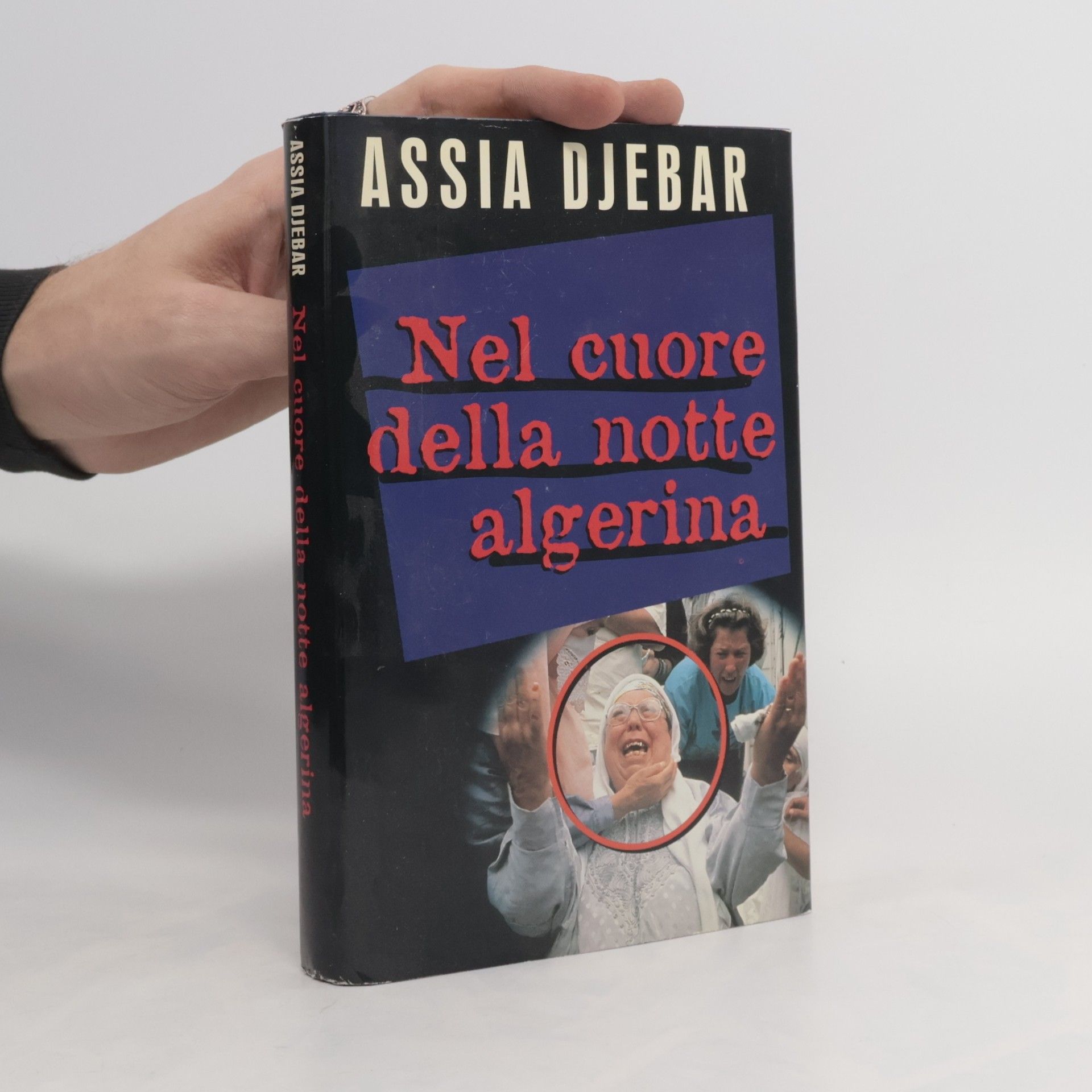


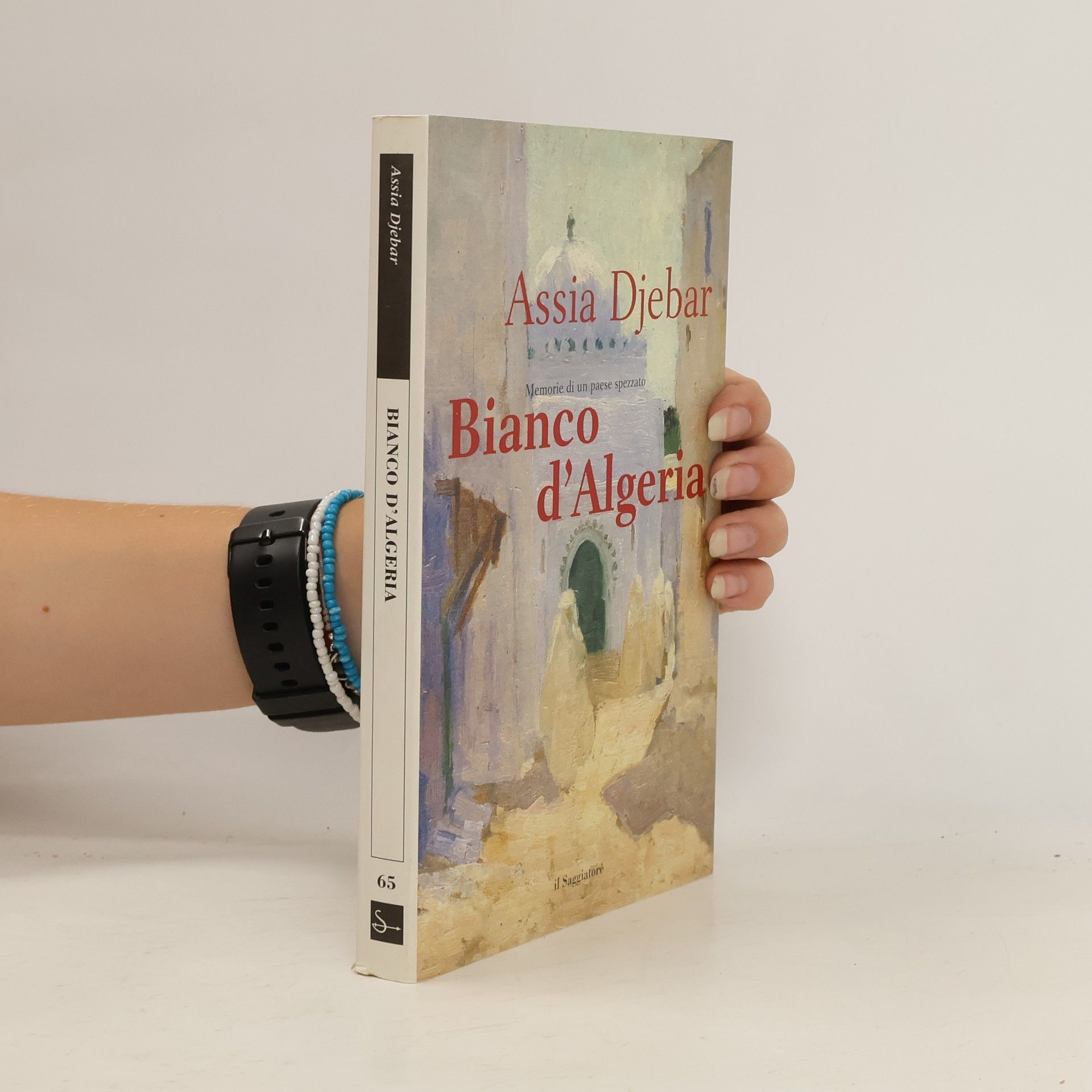
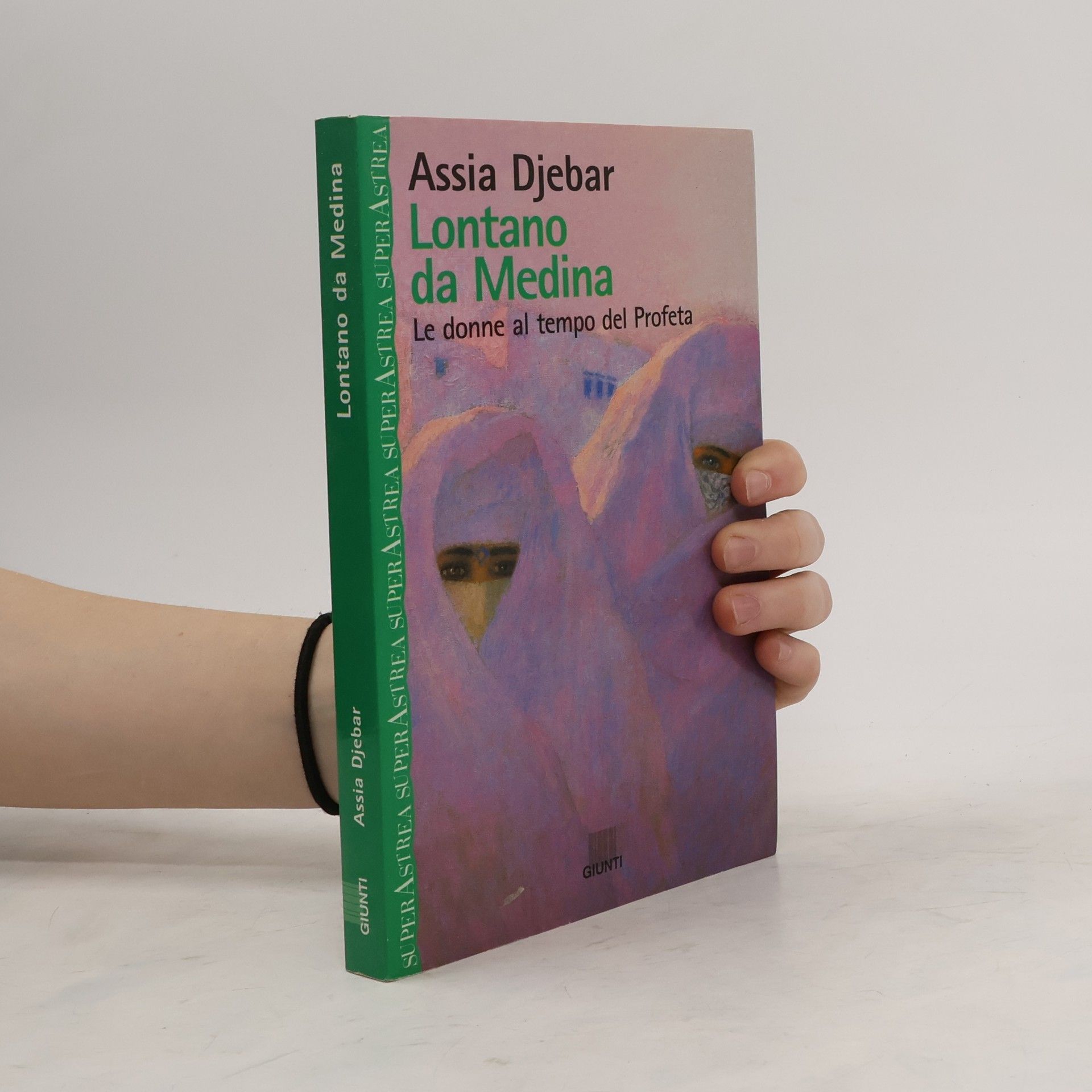
Bianco d'Algeria
- 190pagine
- 7 ore di lettura
In Algerian White, Assia Djebar weaves an epic tapestry out of her intimate connection to a group of Algerian writers and intellectuals whose lives were cut short since the 1956 struggle for independence. They include Mahfoud Boucebi, a psychiatrist; M'Hamed Boukhobza, a sociologist; and Abdelkader Alloula, a dramatist - the beloved friends to whom she dedicates the book - as well as Albert Camus. She records the horrors of her country's civil wars and untangles the complex political and social issues that led to the long trail of blood. This utterly unique book grows from conversations remembered and imagined, meditations on her fallen literary/intellectual/spiritual peers and predecessors. Yet for Djebar, they cannot be silenced. They continue to tell stories, smile, and endure through her defiant pen. This cultural and political history of Algeria's cross-cultural reality and its fight against colonization is infused with the oral tradition of Djebar's Berber roots.
The Tongue's Blood Does Not Run Dry
- 220pagine
- 8 ore di lettura
What happens when catastrophe becomes an everyday occurrence? Each of the seven stories in Assia Djebar’s The Tongue’s Blood Does Not Run Dry reaches into the void where normal and impossible realities coexist. All the stories were written in 1995 and 1996—a time when, by official accounts, some two hundred thousand Algerians were killed in Islamist assassinations and government army reprisals. Each story grew from a real conversation on the streets of Paris between the author and fellow Algerians about what was happening in their native land. Contemporary events are joined on the page by classical themes in Arab literature, whether in the form of Berber texts sung by the women of the Mzab or the tales from The Book of One Thousand and One Nights. The Tongue’s Blood Does Not Run Dry beautifully explores the conflicting realities of the role of women in the Arab world. With renowned and unparalleled skill, Assia Djebar gives voice to her longing for a world she has put behind her.
Après 20 ans d'exil en France, un Algérien revient chez lui et se retrouve déchiré entre son éducation française et la réalité quotidienne algérienne. Cette dualité enrichit son expérience et soulève des questions sur l'identité et l'appartenance.
Frühling 1989. Thelja fährt nach Straßburg, um neun Nächte mit François zu verbringen. Neun Liebesnächte voll sinnlicher Trunkenheit, aber auch geteilter Erinnerungen. In den frühen Morgenstunden flaniert sie durch die Gassen und an den Ufern entlang, wo der Nebel sich langsam lichtet. Stets ist das Straßburger Münster im Zentrum ihrer Gedanken, ihrer Spaziergänge, während sie in die Geschichte dieser Stadt und ihrer Menschen eintaucht. Unter der Oberfläche erkennt sie beklemmende Schatten der Vergangenheit. Sogar in den lustvollen Stunden der Leidenschaft können sie aufbrechen wie schlecht verheilte Wunden.
L' Amour, la fantasia. Fantasia, französische Ausgabe
- 320pagine
- 12 ore di lettura
Nous glissons du passé lointain au passé proche, de la troisième personne, à la première ; extraordinaire évocation du père, instituteur de français, de la mère, des cousines, des femmes cloîtrées vives et dont le cri et l'amour nous poursuivent. Assia Djebar, sans conteste la plus grande romancière du Maghreb, nous donne ici son œuvre la plus aboutie.
